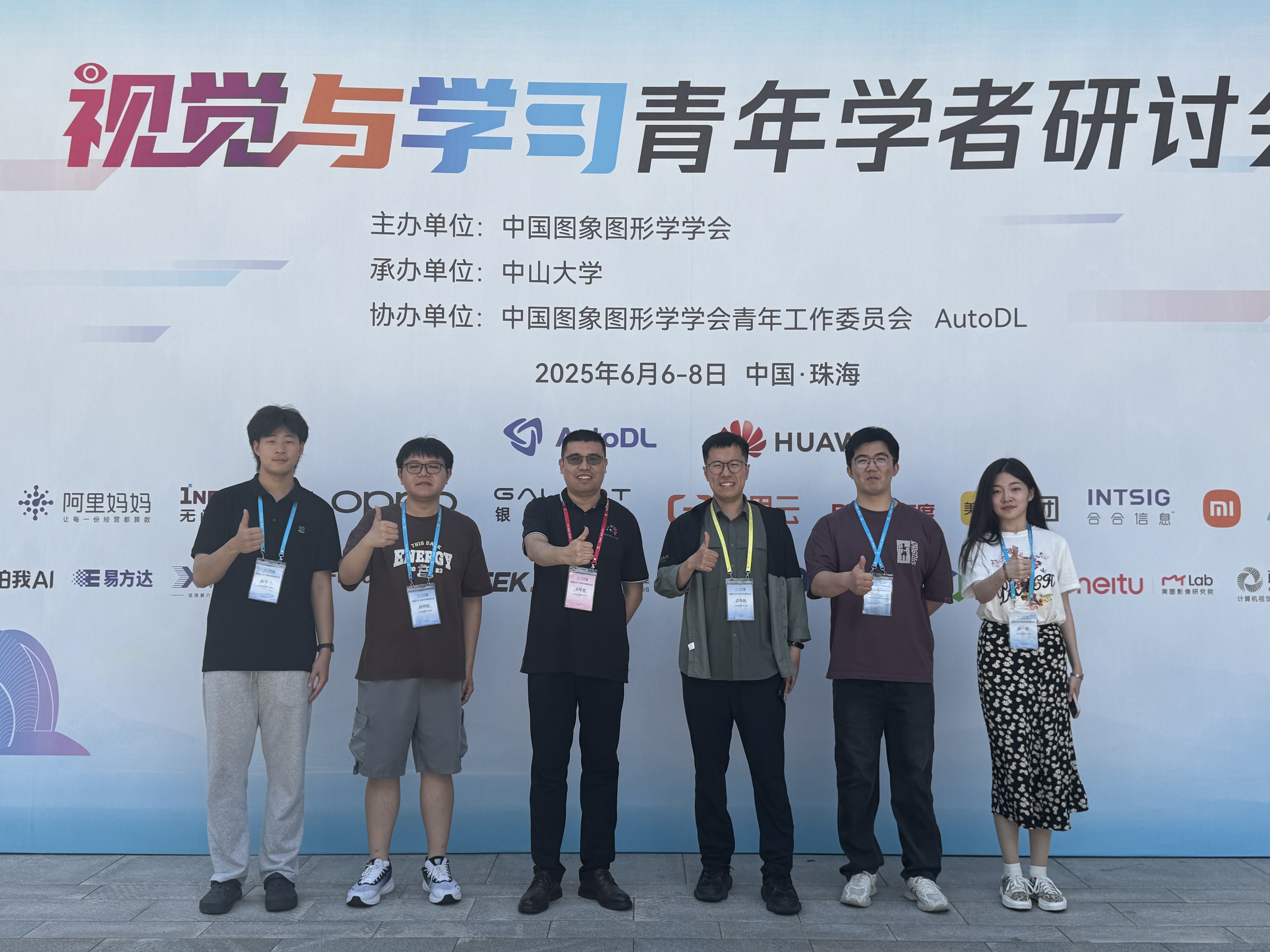Robust & Secure Vision Lab
ROSE Vision Lab (RObust & SEcure Vision Lab) is a research group at School of Artificial Intelligence, Beihang University (BUAA), China. We focus on developing advanced visual perception technologies for complex adversarial environments, which are prevalent in both military and civilian domains. These environments are characterized by various natural interferences and human-made attacks. Natural interferences, such as out-of-distribution samples, challenge the robustness of models, while human-made attacks compromise model security, leading to degraded visual perception performance.
ROSE Vision Lab addresses key challenges, including limited data availability, non-robust representations, and difficult model learning in such settings. By innovating robust and secure visual perception technologies, ROSE Vision Lab aims to ensure reliable performance even under adversarial conditions. Our research finds critical applications in safety-critical areas such as autonomous driving, remote sensing, facial recognition, and public security, where robust and secure AI systems are essential for success.
The name ROSE Vision Lab draws inspiration from the rose, a flower admired for its beauty and popularity, yet equipped with thorns for self-protection. Similarly, Artificial Intelligence (AI) is widely applied across various fields, offering significant benefits, but it also requires robust and secure mechanisms to safeguard it against attacks and interferences. These protections enable AI systems to function effectively even in complex adversarial environments. The lab’s name reflects this duality, emphasizing our mission to develop AI technologies that are not only powerful and innovative but also resilient and secure.



